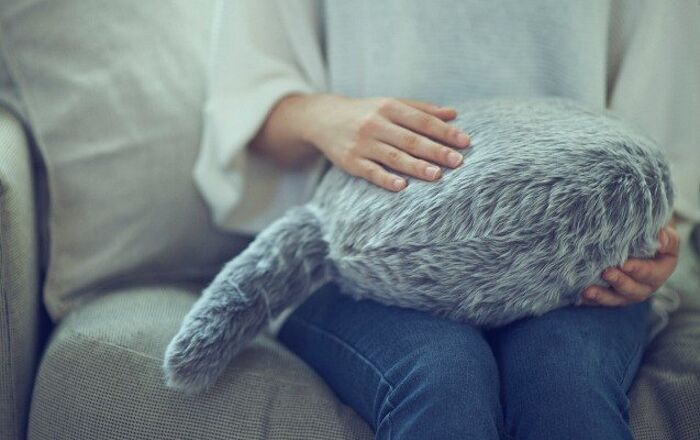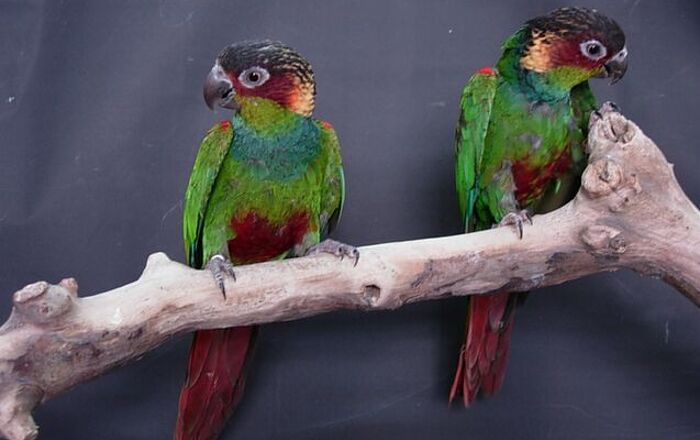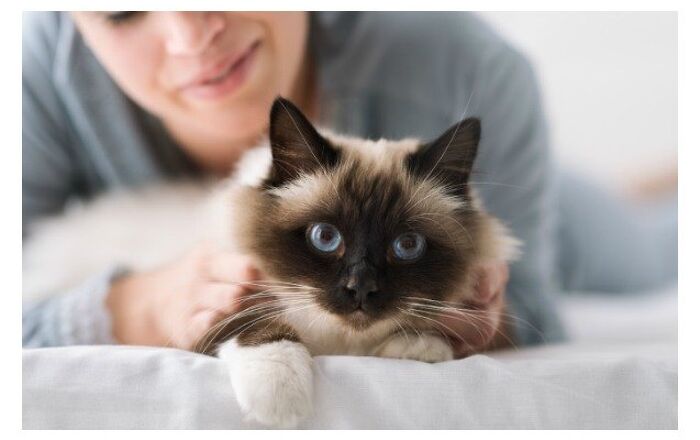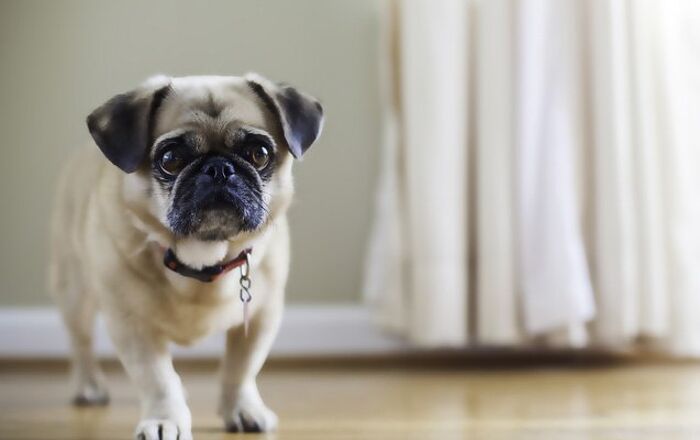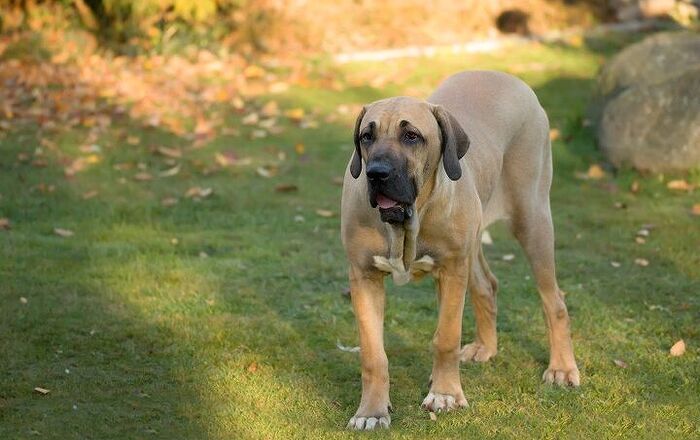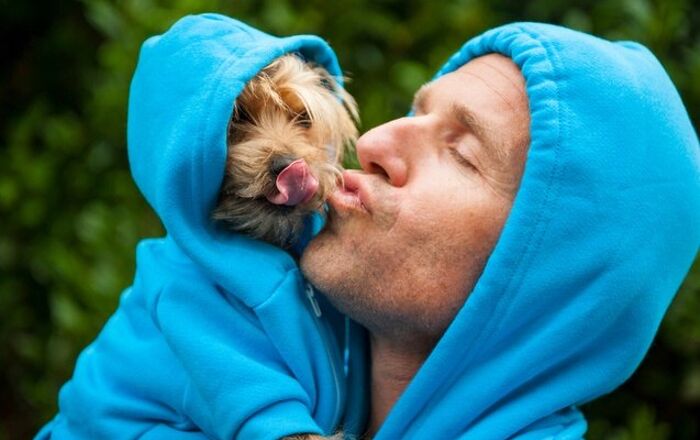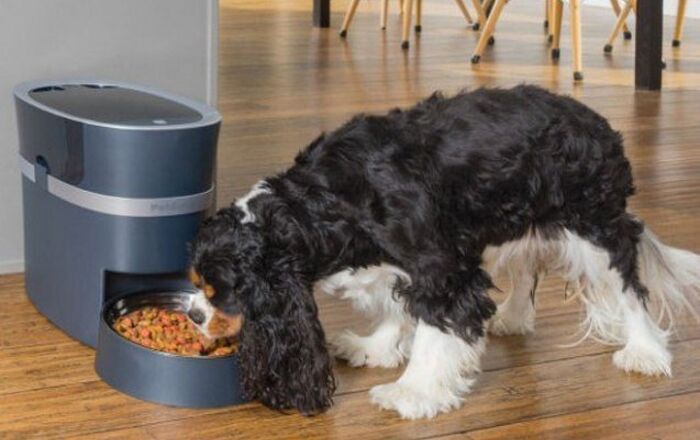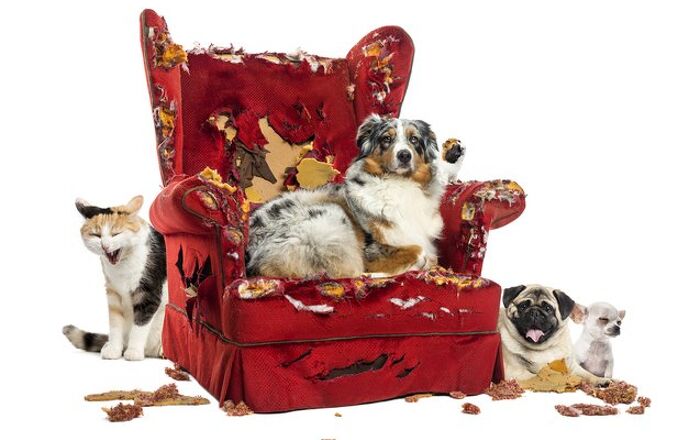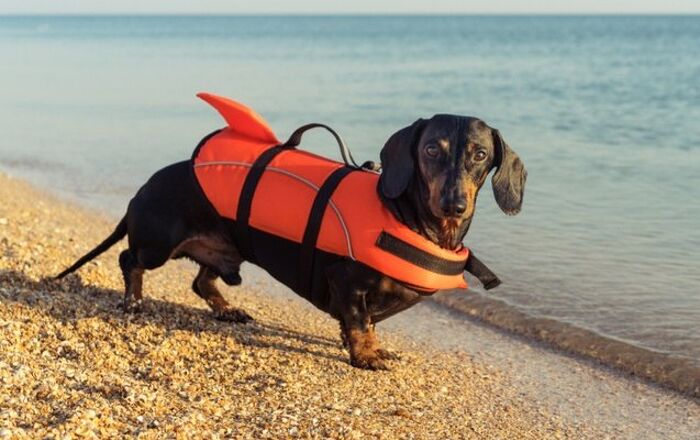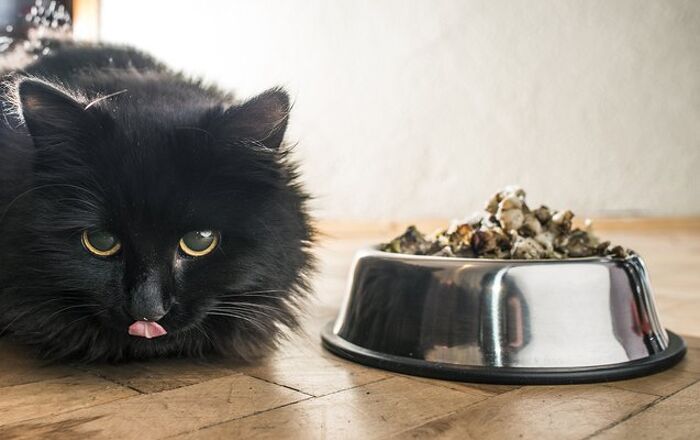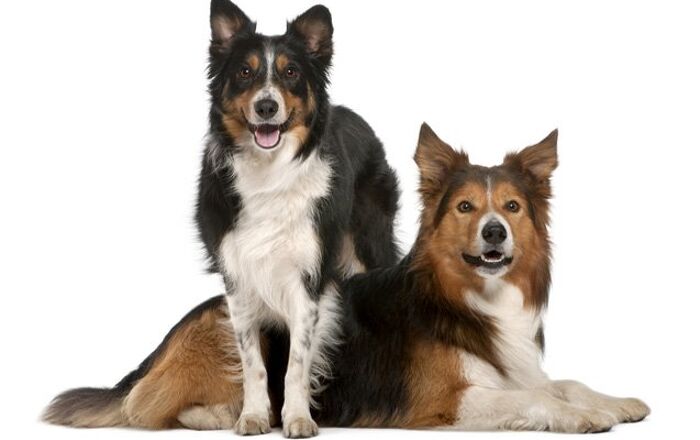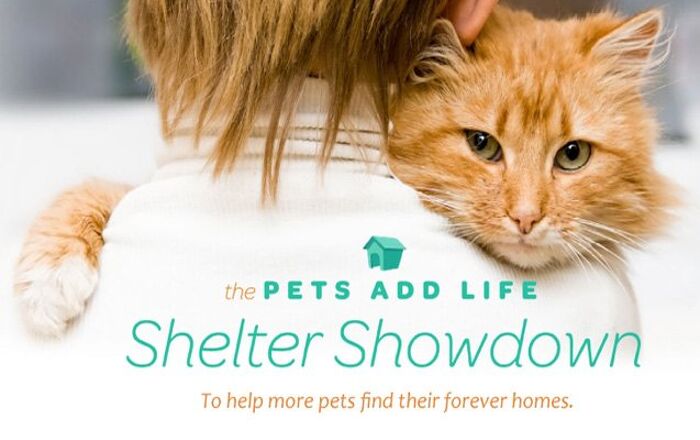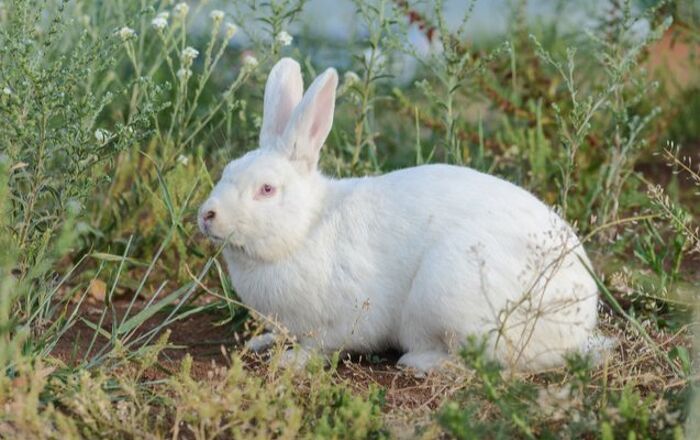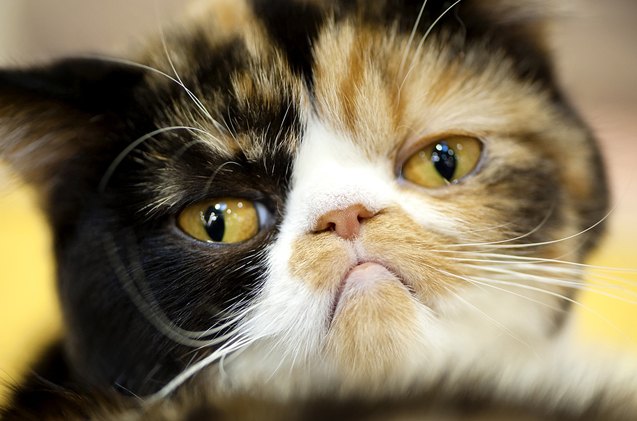
Many cat owners are worried that their felines are too fat – but what do you do if your kitty is losing weight unintentionally?
Keeping an eye on your cat’s weight is an important step you can take to ensure he’s healthy. In the same way that you aim to maintain a healthy weight so you can work towards staying well, you also want your kitty to be at a healthy weight that is appropriate for his breed and size. You can help your cat stay within the right weight range by feeding him high-quality, species-appropriate food and encouraging him to stay active with the use of interactive toys, cat trees, perches, puzzle toys, and more.
Making sure your kitty doesn’t weigh too much is just part of it, though. You also want to be sure that your cat isn’t losing weight when he shouldn’t. Of course, if your veterinarian put your cat on a diet to lose weight because he was diagnosed as overweight or obese, there is nothing wrong with him shedding a few pounds to get within an appropriate weight range—and you would work closely with your vet to ensure the safest weight loss results. But if your cat is losing weight unexpectedly or without trying, it might indicate there is a health problem that needs to be addressed.
Related:
How Much Should I Feed My Cat?
If you notice your feline friend is losing weight, whether he’s eating normally or not, you should have him examined by a vet, as weight loss could indicate an underlying medical concern. So, don’t just ignore it when your cat starts losing weight, regardless of his age, and don’t assume that it is a normal part of aging. Instead, get answers from a veterinarian so you can provide any treatments, if necessary, and help your kitty achieve overall wellness.
To shed some light on this important topic, below are a few, but not all, of the reasons why a cat might start losing weight. Just remember that your vet can properly examine your kitty and determine whether your pet’s weight is ideal, too high, or too low, and what could be the cause for any weight loss that’s occurring.
Diabetes is one condition that may cause weight loss. But even if your kitty is getting thinner, you might notice that the weight loss is accompanied by a change in the cat’s appetite, to the point that your pet is eating more even though he is not gaining weight.
In addition to that, if you notice that your cat has lost weight and is showing other signs associated with diabetes—such as urinating more than usual, drinking more than usual, behaving sluggishly, or having bad breath that smells sweet—take him to the vet to be examined so you can get some answers. Don’t worry, as there are treatment options for cats with diabetes, and your vet will be able to guide you in the right direction.
When you have a toothache or another oral health issue that makes it difficult or painful to chew your food, you don’t really want to eat, right? Well, the same may be true of your cat. There are several oral health problems that can occur in cats, and your pet might experience pain as a result. Therefore, it is important to be aware of potential tooth and gum issues, and to keep an eye out for their symptoms.
Your cat might stop eating and start to lose weight, even if he’s otherwise healthy, because something is wrong in his mouth, such as a toothache that’s causing him pain when he tries to eat. If you notice your cat pawing at his mouth or drooling, these are other symptoms that might also indicate that there’s a tooth or gum problem that needs to be checked by a vet. Your veterinarian can carefully examine your kitty’s mouth, including the teeth and gums, to see if there are any conditions that need to be addressed and treated. Plus, your vet can teach you how to work on keeping your pet’s teeth clean at home.
Related:
What To Do With Your Overweight Cat
If your kitty has a good appetite and is eating quite a bit, or perhaps even eating more than usual, but is still losing weight, hyperthyroidism might be the culprit.
Other symptoms of this condition include, but are not limited to, increase in thirst, increased urination, diarrhea, and vomiting. Also, this health problem might lead to heart ailments and death. So, as you probably assumed, getting your kitty to the vet is imperative if the symptoms associated with hyperthyroidism develop.
Gastrointestinal problems, such as inflammatory bowel disease (IBD), infections, and food allergies, may lead to weight loss. Other symptoms might also be evident, such as vomiting, diarrhea, and a lack of appetite.
Your vet can determine if there’s something going on in your kitty’s gastrointestinal tract and, depending on the diagnosis, may prescribe specific treatments and/or dietary changes.
Another reason for a cat’s unexplained weight loss is intestinal parasites, which might also cause other symptoms, such as vomiting, bloating, and diarrhea. Cats who go outside and hunt down wild prey, such as rodents, are more prone to getting parasites, so it’s a great idea to keep your kitty inside your house at all times.
If your cat does have parasites or worms, your vet can prescribe medications to get rid of them. So, if you notice symptoms, consult with your vet ASAP. That way, you can tackle this problem before it worsens.
Your cat’s weight loss may not be due to a medical condition; instead, it might be due to a poor feeding location, dirty bowls, a picky palate, or stress. Here are some things to consider:
Just remember that weight loss isn’t always sudden or obvious, as it can occur gradually, so regularly weighing your cat is a great way to track how he’s doing.
Talk to your veterinarian about what your particular kitty’s weight range should be. Your vet will also be able to provide you with valuable advice regarding how much you should be feeding your cat, how often you should provide meals, and what foods could help keep your pet in the best shape possible.
No matter what, if you notice that your cat has lost weight and don’t know why, talk to a veterinarian to be sure there aren’t any health problems to blame, and to figure out how you can help your pet get to an appropriate weight again.
